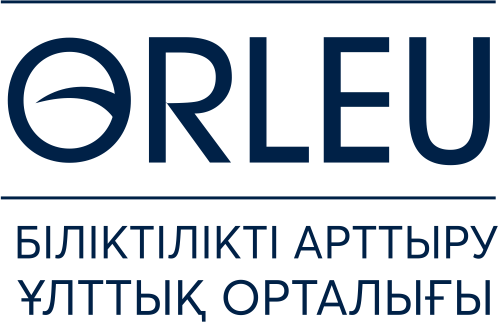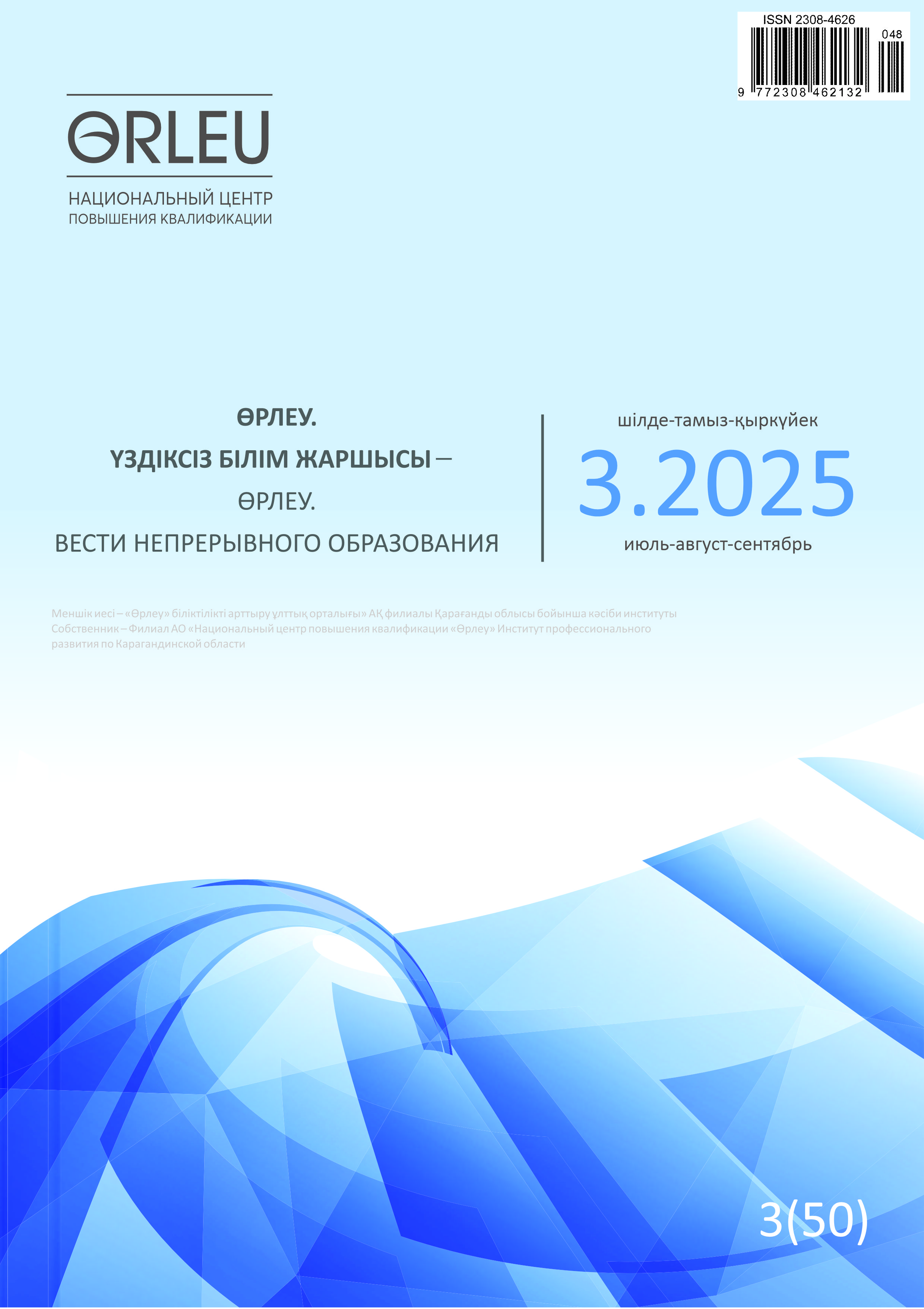Аңдатпа
Мақалада Қазақстан Республикасындағы инклюзивті білім беру жағдайында педагог-ассистент пен тьютордың (жеке көмекші) функцияларын нақты ажыратудың қажеттілігі ғылыми негізделген. Алматы қаласы Білім басқармасының «№7 Оқушылар үйі» КМҚК базасында ерекше білім беру қажеттіліктері бар балалардың ата-аналары мен педагогтері арасында жүргізілген эмпирикалық зерттеу нәтижелері, нормативтік актілер мен кәсіби талаптар талдана отырып, екі маманның кәсіби функцияларындағы айырмашылықтар айқындалды. Функциялардың салыстырмалы кестелері ұсынылып, балалардың сүйемелдеу қажеттілігіне байланысты жіктемесі жасалды, педагог-ассистенттің білім беру үдерісінің толыққанды субъектісі ретіндегі институционалдық рөлі талқыланды. Кадр саясаты бойынша практикалық ұсыныстар берілді: педагог-ассистент мәртебесін заңнамалық тұрғыдан бекіту, арнайы кадрлар даярлау және ата-аналарды мамандардың функциялық ерекшеліктері туралы ақпараттандыру. Зерттеу нәтижелері педагог-ассистенттің педагогикалық біліктілікке ие болуы және балаларға психологиялық-педагогикалық қолдау көрсетуі тиіс, ал тьютордың (жеке көмекшінің) тек физикалық және тұрмыстық көмек көрсететінін, білім беру процесіне тікелей қатыспайтынын дәлелдейді. Мақалада әртүрлі даму ерекшеліктері бар балаларды сүйемелдеуде сараланған тәсілдің маңыздылығы атап өтіледі, бұл Қазақстандағы инклюзивті білім беру сапасын арттыруға мүмкіндік береді. Жұмыстың теориялық және практикалық маңызы инклюзивті ортада тиімді кадрлық сүйемелдеу жүйесін қалыптастыруға бағытталған. Зерттеу нәтижелері Қазақстанда инклюзивті ортаны кадрлық қамтамасыз ету стратегияларын әзірлеуде және заңнамалық базаны жетілдіруде пайдаланылуы мүмкін.


